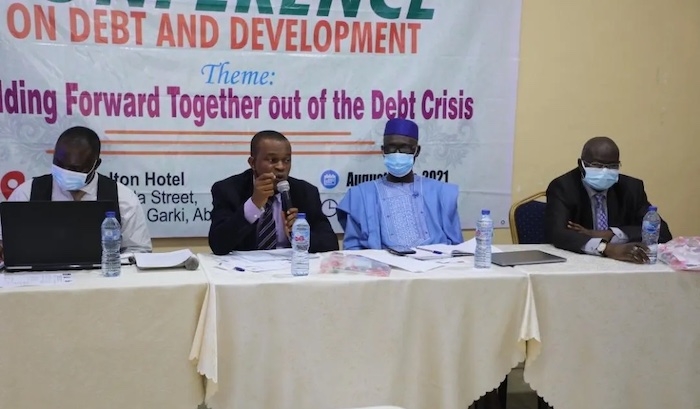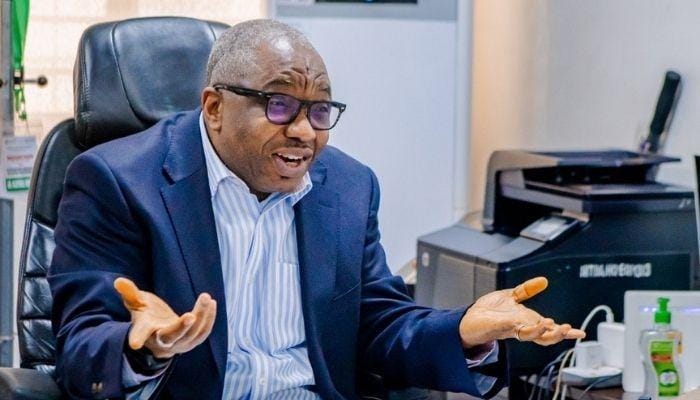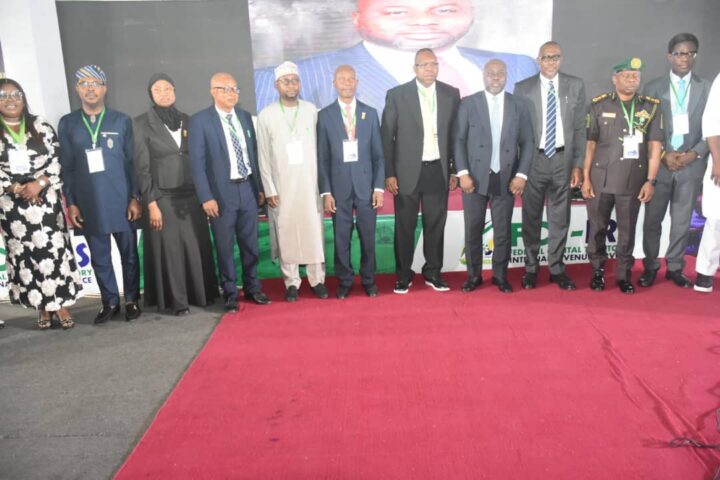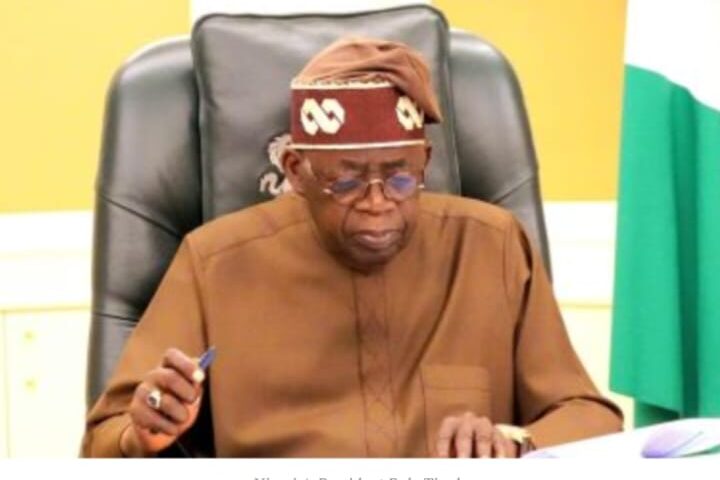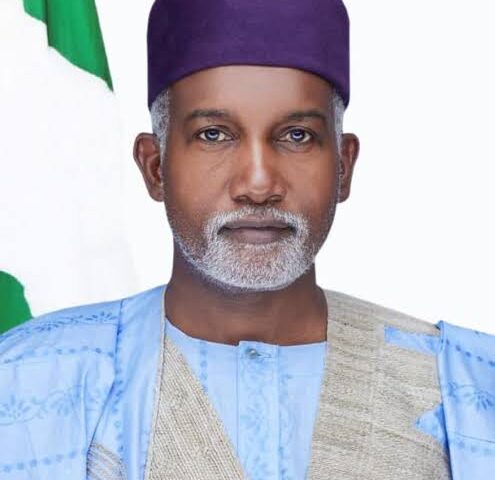Nigeria’s borrowing appetite which has stewed the country in current debt crisis is worrying stakeholders.
At a recent African Conference on Debt and Development (AfCODD 2022) Nigeria National Conference on Debt and Development organized by Africa Network for Environment and Economic Justice (ANEEJ) in collaboration with Africa Forum and Initiative for Debt and Development (AFRODAD),it was agreed that the country should stop further
borrowings.
Nigeria,they said should leverage on its rich resources through an enhanced DRM that knocks out illicit financial flow, profit shifting, tax evasion and avoidance, unbridled looting with impunity and unnecessary tax holidays.
They also lamented that the current Debt servicing Strategy 2020-2023 is not inclusive as it does not reflect modern day reality.
It lacks a broader citizen and CSO inclusive approach just as most of the baseline underpinning the strategy such as real GDP, Oil production volume and continued reliance on Debt/GDP ratio no longer hold.
They emphasized the need for immediate review of Nigeria’s debt strategy and policies to make them inclusive with CSO involvement in loan contraction and monitoring processes.
They disclosed that since the enactment of the Fiscal Responsibility Act in 2007, the consolidated debt limits of the federal, states and local governments have not been set by any President,adding that the development has worsened debt management crisis and reinforces calls for reforms in the nation’s debt management architecture.
“It was noted that the 5th National Development plan 2021-2025 needs N350trillion to implement just as the government is developing a blue print to achieve vision 2050 agenda and that reliance on traditional sources of borrowing or resource mobilization wouldn’t be enough to meet the plans. Therefore, the government must stop tax waivers and block all financial leakages.
“The conference recommended a stoppage of subsidies on consumption and rather provide subsidies for production. It also recommended securitization and use of derivatives as well as CSOs/citizens active participation in politics.Nigeria is failing to access climate finance as debt is crippling the government’s plan of meeting the Paris Agreement on Climate Change”.
The conference advocated the need for a national position to be articulated and put together led by the Federal Ministry of Environment with Civil Society participation ahead of COP 27.
There is a need for an African sign-on statement to be taken to COP 27,it said,just as the conference suggested the need for sustained interrogation of the international financial system as the multilateral financial institutions were established and managed in ways and manners that stifle the growth and development of the south, including Nigeria.
Nigeria needs a nation-building elite that will free its national resources and politics from external control.
The conference advised Nigeria to join forces with like-minded nations/regions advocating the reconstruction and reform of the Bretton Woods Institutions.


